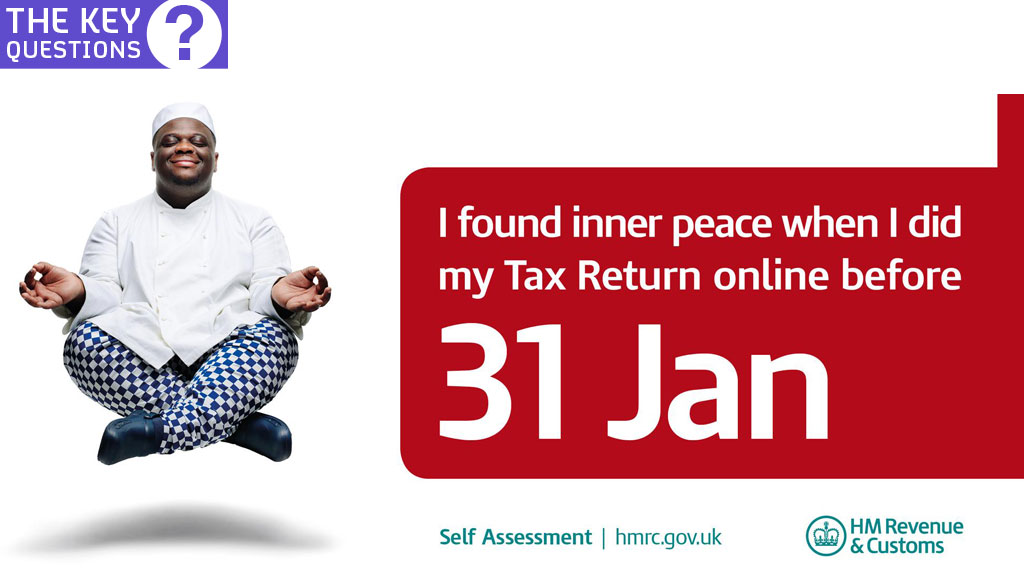Filing your tax return – the key questions
If you are one of the two million people who have not submitted a tax return, you need to get a move on – failing to do so by Thursday means a financial penalty.

Most of us have nothing to worry about: 30 million people pay tax on a pay-as-you-earn (PAYE) basis and do not have to fill in a tax return for 2011-12.
But 10 million people have to submit a self-assessment form, and Her Majesty’s Revenue & Customs (HMRC) is still waiting for 2.2 million to do so by midnight on 31 January.
Who has to fill in a tax return?
If you pay tax through PAYE and your tax affairs are straightforward, no further action is necessary. But if your tax affairs are more complicated – multiple sources of income, for example – you might have to fill in a form.
Those who always have to submit a form include the self-employed, company directors, trustees and people receiving a foreign income.
People on an annual income of over £100,000 also have to do so, as do those making significant sums from property, savings and investments (not tax-free ISAs).
If you are over 65 and receive a reduced age-related allowance, you usually have to complete a return if your income was above £24,000 in 2011-12.
This is also the case if capital gains tax is due on the sale of a second home or shares.
What about child benefit?
For the first time, self-assessment forms need to be completed if you earn more than £50,000 and receive child benefit. This is unless you have already told HMRC that you do not want to continue receiving the benefit.
How should I submit my form?
Online is the only option now. Those filling in paper forms had to return them by 31 October.
The advantage is that you do not need to work out what you owe, or what HMRC owes you. This is done automatically.
But if you have not used online before, you will need an activation code from HMRC. This request should have been made by 21 January; if you failed to do so, there will be a delay and a penalty will probably have to be paid.
What should I do if I owe money to HMRC?
You have to pay what you owe by 31 January and can use direct debit, cheques and cards.
If you submitted your return by the end of December, and owe less than £3,000, you can pay monthly.
Do most people return their forms on time?
Yes, 90 per cent of people made the 31 January deadline in 2012 – a record.
Do most people fill in their forms online?
Yes, 81 per cent of people used the web last time around, compared with just 46 per cent in January 2008.
When do people tend to return their online forms?
The busiest day for online returns in the 2010-11 tax year was deadline day (31 January 2011), when HMRC received 445,000 forms.
On Monday, there were 300,000 online returns, but spare a thought for the people who sat down in front of their computers over Christmas: 14,330 on Christmas Eve, 1,548 on Christmas Day and 4,685 on Boxing Day.
Presumably some people found the prospect of a tax form more appealing than spending the day reading the instructions to their children’s presents, looking for a screwdriver and realising there were no batteries in the house.
What are the penalties if you do not return your form on time?
HMRC puts it bluntly: “If you miss the deadline, the longer you delay, the more you’ll have to pay.”
If you are just one day late, there is a £100 fine. Three months late and it is £10 a day up to a maximum of £900, plus £100.
Six months late incurs a penalty of £300, or 5 per cent of the tax due, whichever is the higher (plus the penalties above).
Twelve months late leads to a £300 penalty, or 5 per cent of the tax due, whichever is the higher, (plus the penalties above).
What if I cannot afford to pay my tax bill?
Talk to HMRC if you are having problems paying what you owe. HMRC says: “If you can’t pay the bill straight away, you may be able to arrange to pay it later.”